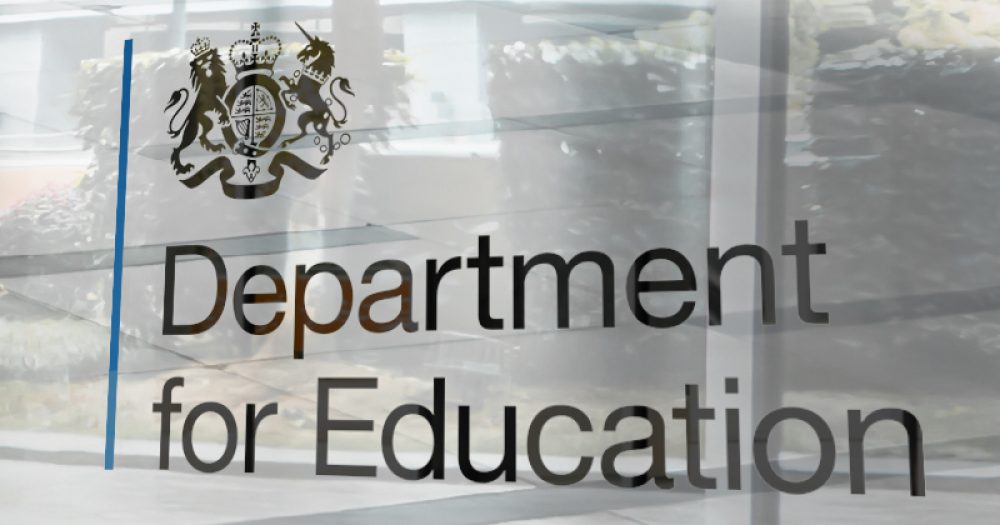The government has insisted safeguards are in place to deal with bogus replies to its grammar school consultation after a campaigner successfully submitted a response from “Ebenezer Scrooge”.
In a blog published by the Local Schools Network, schools campaigner Janet Downs said she used fake names to complete the government’s survey on new grammars.
Schools Week revealed last week that the education department had created a shorter, eight-question online survey to encourage parents to take part.
Despite using the name Ebenezer Scrooge and answering none of the questions, Downs was given a reference number for her submission and told that it would form part of the government’s consultation results.
She then submitted a second response, using another made-up name, from the same computer. It was also accepted.
She said any consultation that “makes it so easy to submit multiple responses that are not genuine is suspect”.
However a spokesperson for the Department for Education (DfE) told Schools Week: “As with any government consultation there are a range of measures in place to identify responses that are not genuine.”
The spokesperson did not provide further specifics about the safeguards.
But previous examples show the department looks carefully at responses.
Lord Nash, academies minister, speaking during a hearing on proposed independent school standards in 2014, said the department received 1,500 responses to its consultation.
However, after “analysing those quite carefully”, it found 900 had come from a Christian co-operative organisation, all making the same point about same-sex marriage.
Nash said this sort of context was taken into account before the government responded to the consultation.
Schools Week reported last week that the grammar school survey, hosted on a No 10 webpage, appears to flout government guidelines on consultations.
For instance, it uses leading questions to highlight the positive aspects of reintroducing grammars, but does not highlight possible negative impacts.
The survey was also included in a tweet from the DfE’s official account, which was found to have misrepresented statistics over pupil performance in grammar schools.
The UK Statistics Authority said it was “disappointed” with the tweet. The department, however, said it was sent by error and swiftly deleted it.
Since then it has faced more criticism for new tweets that link to the survey.
One read: “Selective schools are almost 50 per cent more popular that non-selective schools.”
Conservative peer Lord Lucas said the tweet was “untruthful, misleading and a stain on your reputation”.
The DfE spokesperson said: “We are consulting on proposals to create more good school places for everyone not just the privileged few… We would urge everyone to look at the detail in the consultation document and join that debate.”








Your thoughts